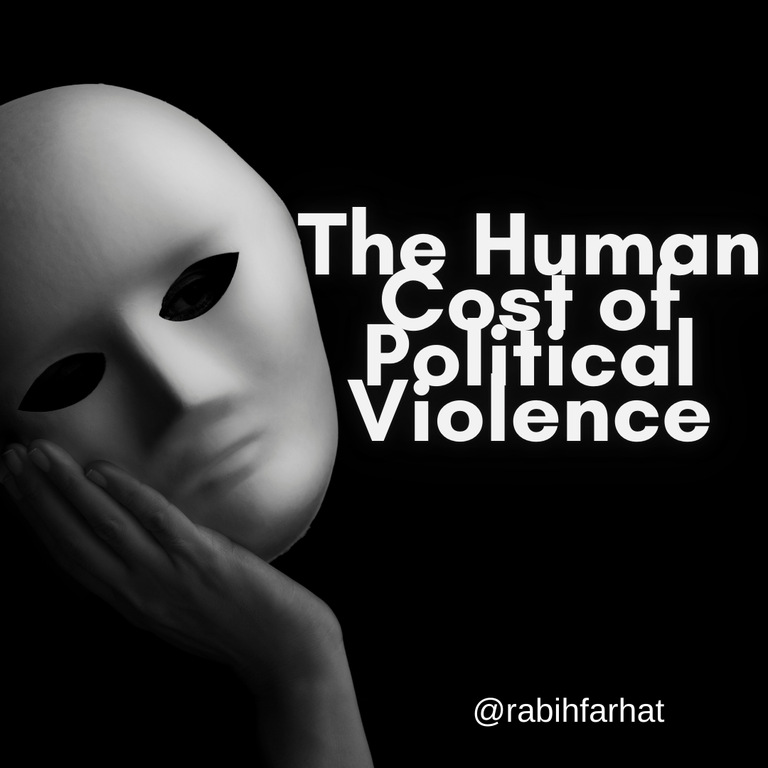Introduction
Once the failed attempt to assassinate Donald Trump took place, a wide door was opened for reviews and contemplation of violence. The United States, like many countries in the world, has a history filled with much of violence, and in America, the possession of weapons is a fundamental topic of patriotism, politics, and their debates. TV shows, Hollywood movies, and games fall into the same category, in addition to the role of social media and fake news, which is not limited to the United States.
With the recent assassination attempt, the media reminded us that American presidents themselves did not escape the hand of crime, as the last of them to be assassinated was John Kennedy in 1963, and Ronald Reagan was the last to be subjected to an assassination attempt, in 1981.

After Trump was elected president in 2016, the concept of “enemies of the people” was strongly present in the arenas of political and cultural exchange. This concept justifies violence, as it assigns “friends of the people” to purify the people of their “enemies.”
However, there is a repeated refrain in the condemnations that emerged in response to the recent assassination attempt, which were issued by American politicians and uttered by global politicians. Assassination and violence, accordingly, are incompatible with democracy, which cannot coexist with them or provides instead of them political means for expressing disagreement.
This refrain may turn into a magic that invites dangers more than it expels them. This is why Western intellectual and cultural life is witnessing various reviews, covering topics that extend from the forms and formulas of representation to the conditions of equality and social justice, from foreign policies to military spending, and globalization to the new conditions for technology, etc.
However, democracy remains a standard for governance and trial, including the trial of democracy itself. The world was organized according to ways of politics and life that people choose and create, not based on specifications that they inherited. Thus, a theoretical border has been drawn, which is supposed to be insurmountable, between democracy and violence. In a democratic system, or even in a democratic life, there should be no “enemies of the people” and “friends of the people,” and there should be no political violence and crime. Precisely because these last two actually exist, the democratic system and life are experiencing a major ordeal that requires treatment.
This is completely inconsistent with authoritarian, and totalitarian theories, all of which hold that democracy is a disease, which is what drives the proponents of these theories to close down the public sphere, dissolve parties, and prohibit other points of view. However, life itself becomes, in this case, based on violence. Murder, fighting, martyrdom, assassination, kidnapping, and civil wars of every kind are the fundamental stones.
Conclusion
Here we may find an explanation for an amazing phenomenon, which is that the violence cannot be satisfied, so that wars continue in a way that makes expectation the only difference between one war and another.
This justifies people's constant fear of the explosion of new energies of violence. We have individual pains and groans about violence, expressed by individuals who write articles or appear on television, or are captured by cameras lamenting their tragedies, including the loss of children, the destruction of homes, or displacement from which there is no return.
As for those who dare to question this criminal consciousness, after having paid its costs with their lives and the lives of their children, we honor them with the title of "cowards".
*Image designed using Canva
Posted Using InLeo Alpha